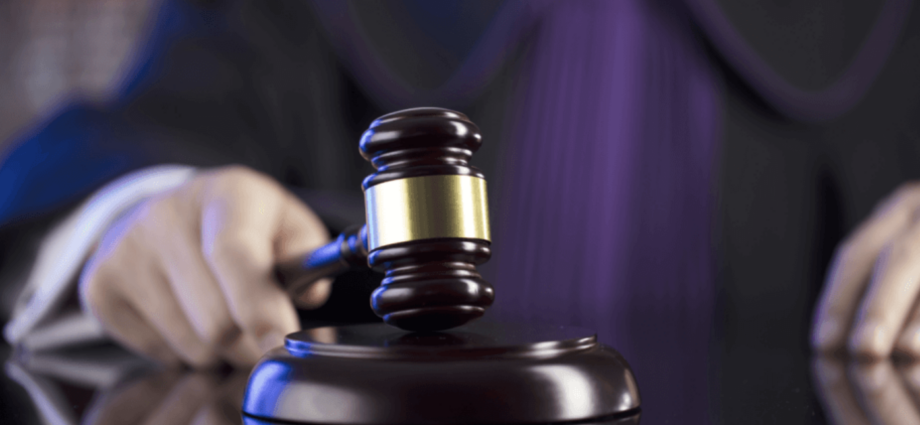Conference of Chief Justices’ Indefensible Policy on Pretrial Risk Assessment
(excerpt from Attorney at Law Magazine - Aug 13 2020)
For all the talk in this nation about bail reform the past few years, the move to the use of risk assessment as a one-size-fits-all solution has been touted and embraced as the cure to the supposed ills of cash bail. At first finding favor with advocacy groups, its reach has extended to key decision makers, finally reaching the highest levels of our court system.
Five years ago, the Conference of Chief Justices (CCJ) formally adopted a policy supporting the nationwide use of evidence-based pretrial risk assessment. They also endorsed a policy of the Conference of State Court Administrators, arguing that use of risk assessment tools to make judicial decisions to release or not based on its results, “fits within a well-functioning case management regimen.”
CCJ’s statement is disturbingly sweeping because it includes the use of a pretrial risk assessment algorithm not only to set a bail, but also to inform a decision of preventative detention where allowed. Of the latter, it calls for its use under any attendant conditions, which includes liberty-restricting conditions including GPS monitoring, drug screening, check-ins, etc.
It is important to keep in mind that “attendant conditions” are often paid by defendants themselves. In effect, these individuals must pay for their own personal criminal dragnet.
Lawyers who have not practiced criminal law in a major urban jurisdiction, may not be familiar with pretrial risk assessment tools, which are sold to score the risk of a defendant of no-showing for court or being rearrested for a new crime. Those that do, know how they’ve been forced to hone their arguments based on the binary manner in which the tool has dehumanized their client, herded him or her into a group based on data, and ultimately, seared a criminal scarlet letter number onto their forehead.
When the score is favorable to one’s client, attorneys vociferously argue that the tool is scientific. When it is unfavorable, suggesting they will not show up to court or will commit a new crime, counselors will claim it is not scientific and is merely one instrument in the toolbox. These premises must surely be behind a favorite legal colloquialism, “Everyone loves judicial discretion…until they lose.”



Facebook Comments